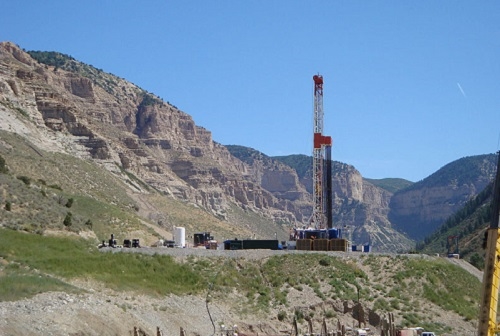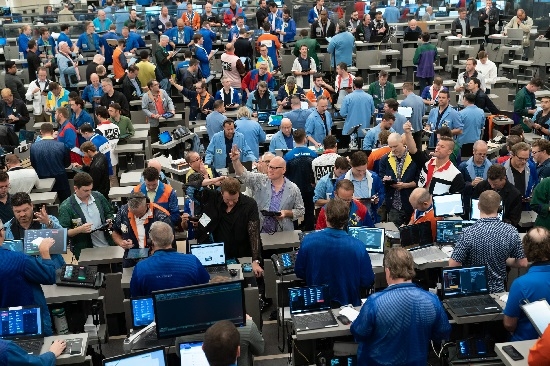ICE estimates $47bn of extra margin from European gas price cap

Intercontinental Exchange (ICE) has estimated the proposed European gas price cap would increase margin requirements on energy firms by $47bn (£38bn).
The report on the European gas market reforms, written by consultancy Oxera and commissioned by ICE, warned of the possible effects of the European gas price cap as currently drafted.
“Wholesale market interventions such as pricing limits are typically proposed where the market is not functioning, for example where prices reflect a significant risk of market manipulation or other abusive trading practices,” the report said. “However, as shown in this report, the gas market is working broadly as intended, and indicators of market resilience, liquidity and price formation have generally improved in the last three to five years. There is also no evidence of excessive speculation.”
The report assessed the European Commission proposal, which has so far failed to secure agreement among member states.
Among the measures being put forward by the European presidency is an extension of the derivatives in scope from front month Dutch Title Transfer Facility futures to include two and three-month futures as well. An assessment of the expected impact on the market of that extension is an addition $47 billion (£38bn) in margin, according to the report.
“The revised proposals do nothing to address the deeply worrying impact the price cap on TTF will have on the market and the threat it presents to financial stability,” a statement from an ICE spokesperson said. “In fact, the latest proposals worsen the impact. By extending the price cap from front month to cover the first three contract months worsens the estimate for the additional margin this would require from the energy market - from $33 billion to now over $47 billion. Initial margin requirements essentially double from current levels.”
The Oxera report highlights additional risks of unintended consequences from the measure, including muddying the price discovery process, a shift to over-the-counter markets, threshold effects on market behaviour around the price cap levels, as well as the long-term impact on usage trends of artificially lower prices (such as the transition from fossil fuels).
ICE has said a pause is necessary to assess the ability of the market to meet margin calls of this size.
“Our margin assessment justifies a pause while the full consequences of the price cap proposal can be assessed by EU authorities with a mandate for financial stability and security of supply,” the statement said.
Found this useful?
Take a complimentary trial of the FOW Marketing Intelligence Platform – the comprehensive source of news and analysis across the buy- and sell- side.
Gain access to:
- A single source of in-depth news, insight and analysis across Asset Management, Securities Finance, Custody, Fund Services and Derivatives
- Our interactive database, optimized to enable you to summarise data and build graphs outlining market activity
- Exclusive whitepapers, supplements and industry analysis curated and published by Futures & Options World
- Breaking news, daily and weekly alerts on the markets most relevant to you



